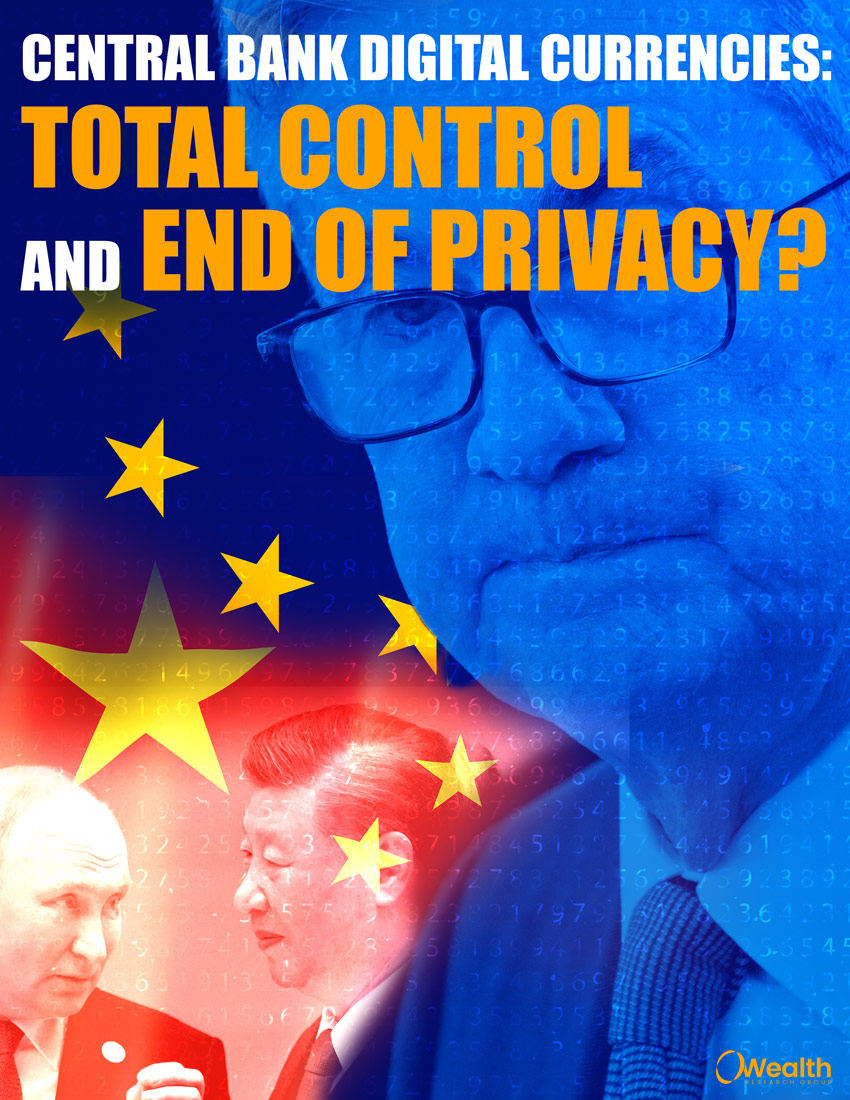The resumed ninth meeting of the Intergovernmental Negotiating Body in April 2024 resulted in a new WHO Convention draft that aims to enhance global pandemic response efforts but raises critical concerns about sovereignty, equity, and the potential for excessive control by a centralized authority.
The ninth meeting of the Intergovernmental Negotiating Body was restarted in April 2024. It ended with a new draft of the WHO Convention that was meant to improve efforts around the world to avoid, prepare for, and respond to pandemics. But this international unity that seems good on the surface hides a number of problems that need to be carefully looked at. These problems are especially relevant when it comes to sovereignty, fairness, and the possibility of having one single authority control everything.
The deal says that states should be able to make their own decisions about public health, but it also wants a very tight international system that could go against national laws. It seems that articles that stress how important it is to follow the International Health Regulations (2005) and work together to plan for pandemics make it harder for states to act on their own during health disasters. For instance, setting up the Global Supply Chain and Logistics Network with the help of the WHO could lead to situations where global rules take precedence over national ones.
It is interesting that the word “equity” is used a lot in this text, especially in Chapter II, which is about gaining equity through preventing pandemics. This noble goal makes me wonder how it can be actually reached. People are worried that “equity” could be used as an excuse to set the same rules for all countries, especially less-developed ones, even though these rules might not work in their specific economic, social, and cultural situations.
The balance between encouraging innovation and making sure everyone has access to health tools linked to pandemics is one of the most controversial parts of the agreement. The deal recognizes that protecting intellectual property is important for promoting research and development, but it also stresses the need for fair access to the health goods that are made. This is clear from Article 11, which encourages the sharing of technology and knowledge for health goods related to pandemics, with the goal of helping poor countries.
One critical eye, on the other hand, might see this as a way for big drug companies to keep having a big impact on global health policies. Private rights holders may be encouraged to willingly forego or reduce royalties or to sell technologies at fair royalties. This could be a step toward greater public access or a facade of kindness hiding more selfish business goals.
Article 20’s call for sustainable finance brings up the idea of a new way to get money to help carry out the WHO Pandemic Agreement. This brings up important concerns about the openness and handling of these kinds of funds, as well as the degree to which countries that contribute will be able to affect how this system is run. It’s impossible to ignore the chance that funds will be misappropriated or managed badly, given the huge amounts that are likely to be at stake and the lack of transparency surrounding such large-scale financial transactions.
What do you think? Is it a step forward or a trade-off in sovereignty?
The goal of the WHO Pandemic Agreement is to make the global reaction to pandemics stronger. However, it is important to look closely at what this means for national sovereignty, what health equity really means, and how much power it gives to foreign organizations like the WHO. Countries might give up some power over their health policies in exchange for working together around the world under this deal. In an ideal world, all countries would be able to make their own decisions about what’s best for their own people without being forced to do so by higher-ups hiding behind the guise of global health security.
In conclusion, the deal calls for organized and fair global health responses. However, it also allows for more centralization of power, which may not always be in line with the wants or rights of each country. Before signing such global deals, it’s important for each country to carefully think about these issues.
Will the establishment of the Global Supply Chain and Logistics Network under WHO coordination lead to scenarios where national priorities are subsumed under global directives, compromising individual state sovereignty? Leave a comment…
Must watch videos on the RTD Blog!!!
- The Price of Dysfunction: U.S. Shutdown & Global Backlash | James Turk Reveals All
- Cracks In The Banking System Could Have Been Avoided w/ Craig Alford
- Mega BRICS+ Bloc: The Ignored Summit That Could Change The World w/ Chris Devonshire-Ellis










0 Comments